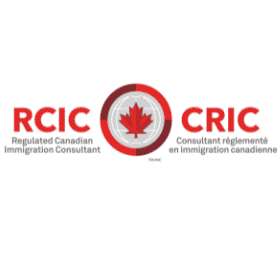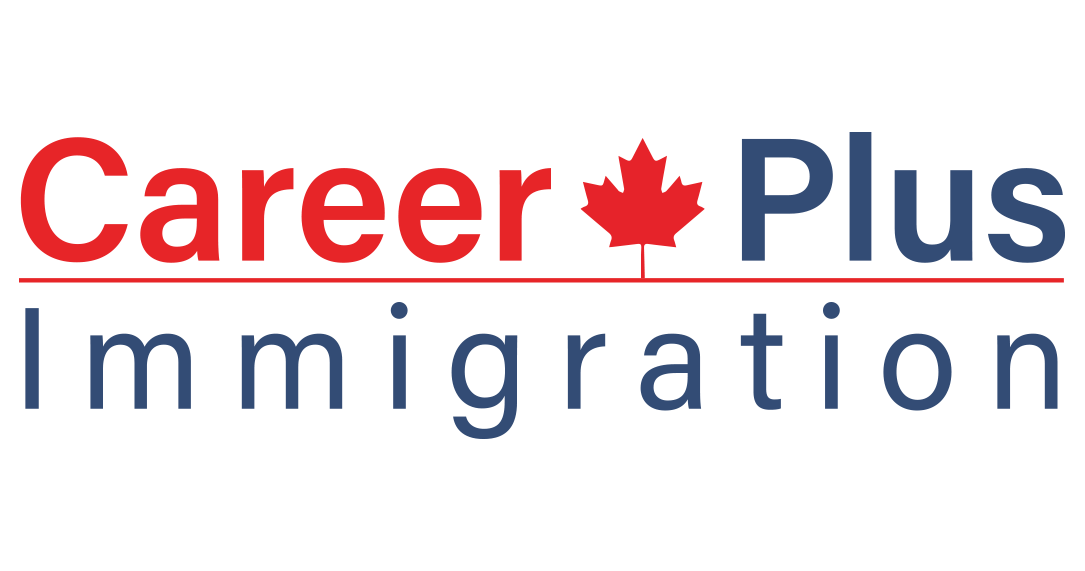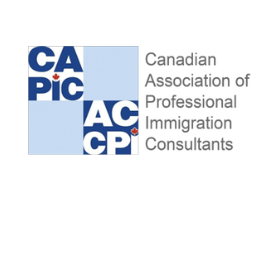Labour Market Impact Assessment (LMIA) exempt Work Permit means that a confirmation of a positive LMIA is not needed by the ESDC and a foreign national can apply for a work permit directly to the Immigration, Refugees and Citizenship Canada (IRCC). The IRCC may issue an LMIA-exempt work permit based on the following exemptions:
Open work permit – there is no job offer and no LMIA required. Temporary foreign workers will be able to work for any employer if they meet program requirements.
Employer-Specific work permit – a job offer is required but no LMIA is needed. However, temporary foreign worker must meet program requirements.
The LMIA exemptions are based on Canada’s international agreements and public policy, a significant benefit to Canadians or other specific programs.
Usually, employers would need to request an LMIA in order to bring a temporary foreign worker to Canada and employers must receive a positive LMIA confirmation letter before they can hire a temporary foreign worker. There are certain Canadian immigration programs where the LMIA requirement can be waived.
For time-limited jobs even a work permit is not required.
LMIA Exempt Work Permit Eligibility and Requirements
In some cases, an employer needs an LMIA to support a job offer for Express Entry candidate. However, an employer does not need an LMIA to support a job offer if an applicant:
- has been working full-time for the employer on the issued work permit for at least 1 year (or an equal amount of part-time work)
- has a valid job offer, and
- is a holder of a valid work permit that is exempt from an LMIA under an international or federal-provincial agreement, or Canadian interest category.
If an applicant is working under skilled trade jobs, then up to 02 employers can make a job offer and an applicant must work for both employers.
If the applicants meet the eligibility requirements under one of the LMIA exemption categories, then they can apply for a LMIA-exempt work permit directly to IRCC.
The LMIA exemption can be applied if the employer proves that a worker will bring an important social, cultural, or economic benefit to Canada.
LMIA Exempt Work Permit Process
Open Work Permit types (PGWP, BOWP, SOWP)
- Post-Graduation Work Permit (PGWP) can be applied by an international student who graduated from a designated learning institution (DLI) in Canada.
- Bridging Open Work Permit (BOWP) can be applied by someone who applied for permanent residence in Canada or a dependent family member of such an applicant.
- Spousal Open Work Permit (SOWP) can be applied by a spouse or common-law partner of a skilled worker, an international student in Canada, or an applicant of the Atlantic Immigration Pilot Program.
Other OWP types for people under certain situations:
- A student who can not meet the costs of education in Canada.
- A refugee, refugee claimant, protected person, or their family member.
- Someone who is under an unenforceable removal order.
- A temporary resident permit holder.
- A young worker participating in special programs (International Experience Class).
- A vulnerable worker: a foreign worker who has an employer-specific work permit and is being abusedor at risk of being abused in relation to a job in Canada.
Employer-Specific work permits
- Entrepreneurs: Applicants are only eligible if they can demonstrate that their business will be of significant benefit to Canada and their work is temporary in nature.
- Self-Employed Persons: Foreign nationals who gained at least 2 years of work experience in the past 5 years as a self-employed in cultural activities or athletics may be eligible to apply for permanent residence under the Self-Employed Persons Program and intends to become self-employed in Canada.
- French-Speaking Skilled Workers: French-speaking skilled workers who have a valid job offer in a province or territory outside of Quebec and are qualified under a National Occupational Classification (NOC) 0, A or B.
- Intra-Company Transferees: Temporary transfer transferees must be considered executives, managers, or specialized knowledge workers, and must work for a foreign company with a qualifying relationship to the company in Canada.
- Provincial and territorial programs: Workers who are nominated by a province for permanent residence and have obtained a job offer in that province.
- Charitable and Religious workers: Charitable workers take positions involving an activity of work meanwhile volunteers
These categories can be exempt only if the employer and applicant meets the initial criteria.
If the individual is being exempt from obtaining an LMIA it does not mean it is exempted from obtaining a work permit. All streams on the LMIA exemption list still require the applicant to obtain a work permit to work in Canada legally.
Canadian visa officers have an authorization to be flexible when determining and assessing the application and issue a work permit to a foreign national without the need for an LMIA to be secured.
Supporting Documents
The document checklist depends on the LMIA exempt category. To avoid any delays in processing all documents submitted must be accompanied by a certified translation if they are not in English or French. When applying consider that any false statements or fraudulent documents will result into a refusal and potential legal action.
Generally requested documents beside identity documents are:
- Offer of employment exempted from LMIA
- Evidence of exemption from the requirement to obtain LMIA
- Police certificates
Depending on the category the applicant will also need to provide additional documents confirming the LMIA exempt: Provincial Nominee certificate or Intra-company Transferee documentary evidence or international agreements and/or other documents
It is not recommended to finalize travel plans unless the application for LMIA work permit exemption is approved by IRCC.
Before applying for LMIA exempt work permit the individual should prepare all relevant documents as per the category and follow the document checklist as instructed in the manuals.
Any expenses occurring during the process of obtaining LMIA exempt work permit are entirely the applicant’s cost.










